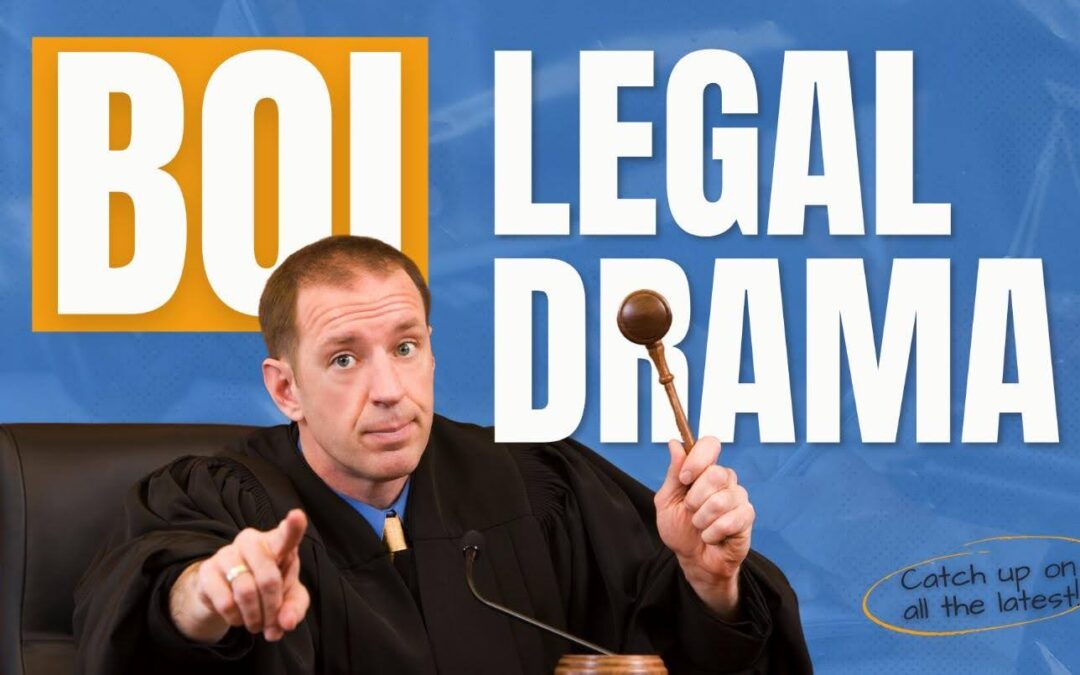Nothing like having a lucrative rental property for your long-term financial security. Through quick flips and rehabs, you may make some quick money, but a good rental property could take you to another league altogether. Rental properties not only bring in a rich monthly income but can accumulate to give you enough financial muscle to make big and smart investments in future. But to make that happen, you need to know some crucial tricks of the trade before taking the plunge for the first time.
First things first, you need to be well versed with how financing works. There are two types of rental properties, owner occupied and investment property. Out of the two, the investment property is considered riskier, so loan underwriting policies are a little tough for them. You would need a credit score of at least 680 to be eligible for the loan on investment property, then you must pay 20% down payment and you must have 6 months of reserves in your bank account. In comparison loan policies for owner occupied property are relatively lenient. You can qualify for the loan even if your credit scores are under 600 and you need to pay just 3% down payment.
There is a clear difference in the buyer’s approach when they go shopping for a home for themselves and when they are investing in a property for the monthly rental income. A home buyer would focus more on best property at reasonable price, where as an investor would not give more preference to the market than the property itself. A big sprawling house in a rural are would be less profitable than the smaller property in a upscale market for the rental income. Also, an investor would be willing to cough out more than the home buyer in the anticipation of good returns in future.
Two properties of the same type in the same town does not guarantee same returns. Generally, lots of people make the mistake of making general calculation that involves subtracting mortgage and utilities from the total rent, if the amount turns out to be good then they go ahead with the investment. But this is not always the case, one must do their due diligence to find out the hidden monthly costs that could upset your calculations and put you at loss. You need to know, apart from utilities are there any monthly maintenance tasks involved that you would need to pay for like snow removal, lawn care and other monthly maintenance efforts.
Investment in rental properties is indeed lucrative, if you go into it with your eyes open, equipped with all the required knowledge taking due cognizance of all the risks involved and be prepared for each of them.





